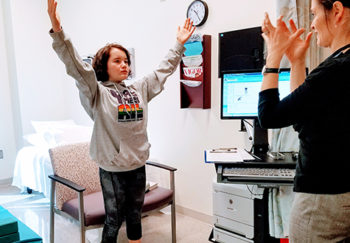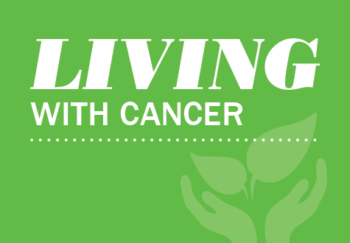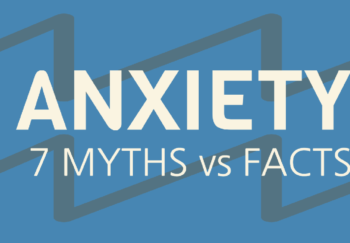Mental Health Resources (Page 4)

Why is mental health important? Because it affects every single one of us. In the past, we viewed mental health through a narrow lens: mental illness was something that happened to a small group of people. That allowed discrimination to take hold. As a society, we’re still working to shake off the stigma attached to mental health.
The truth is mental health is a key part of every person’s health and well-being. It’s so closely tied to physical health that the two can’t be separated. UVA Health psychologist Kim Penberthy, PhD, breaks this down using sleep as an example. “Stress impacts sleep and poor sleep weakens the immune system,” she explains. A weakened immune system makes us more likely to get sick, which in turn causes stress.
Mental health issues — stress and many others — affect all of us at different points of our lives. People around the world face:
- Postpartum depression
- Isolation and loneliness
- Low self-esteem
- Body image issues
- Emotional rollercoasters during menopause
- Stress from chronic health issues, finances, or relationships
- Discrimination due to racial, ethnic, and LGBTQ+ identities
- PTSD from trauma
- Mental illness and psychological disorders
Finding Mental Health Resources
If you’re struggling with a mental health challenge, it’s important to know help is available. Leaning on friends and family can help. Other mental health resources include counseling and support groups. Some mental health issues respond well to medical treatments, like medications.
Where to Find Help
If you or someone you know is in crisis, call, text, or chat the 988 Suicide & Crisis Lifeline.
You can also find behavioral health services at UVA Health.
Supporting Those You Care About
You don’t have to be a mental health professional to help someone struggling with mental health challenges. If you’re worried about someone you care about, don’t be afraid to reach out. But it’s important to be mindful of your approach. Avoid platitudes or jumping in with solutions unasked. Listening without judgement works best. Read more on the dos and don’ts of supporting someone in crisis.
Not sure where to start? The articles here can help you learn:
- The signs and symptoms of mental health problems
- How to care for and support others
- Tools for maintaining daily wellness
- Self-care tips for managing conditions










